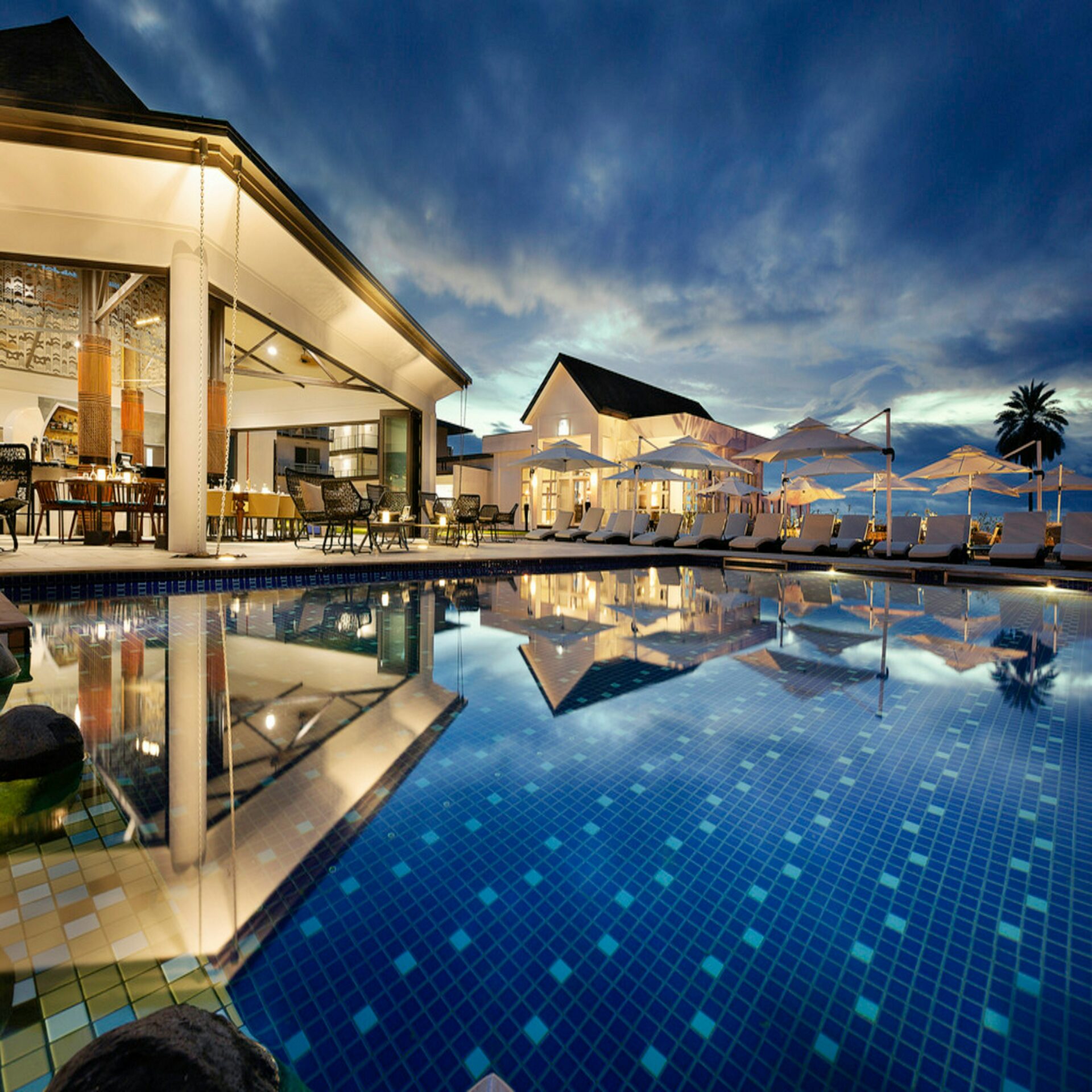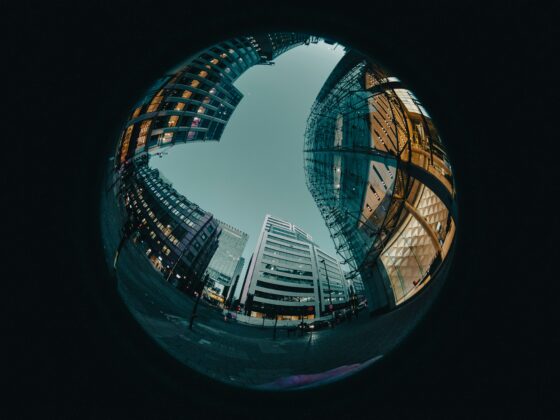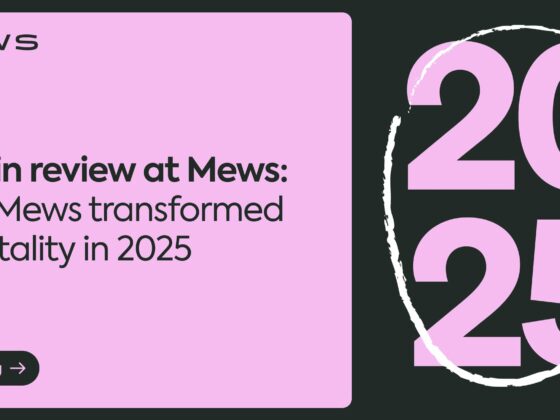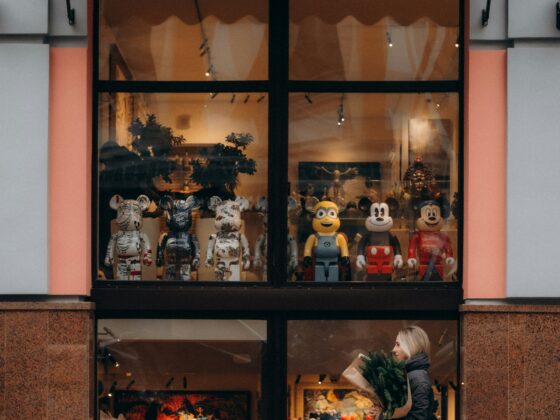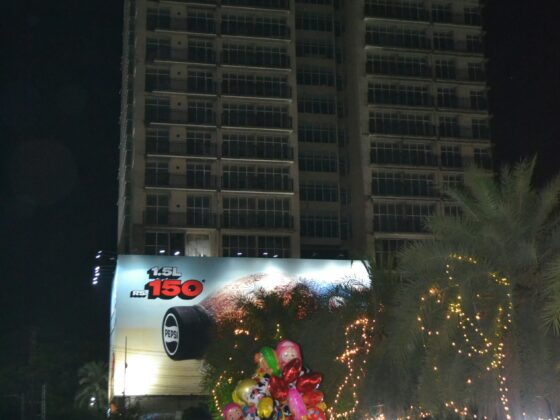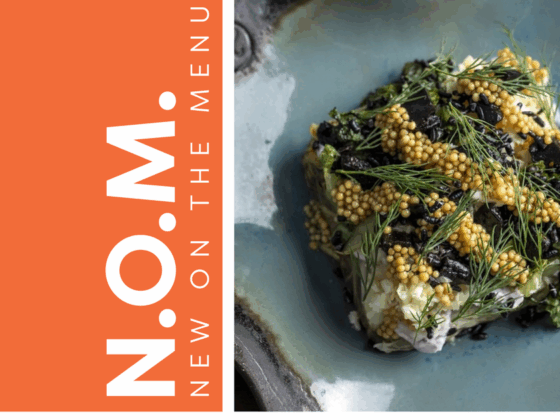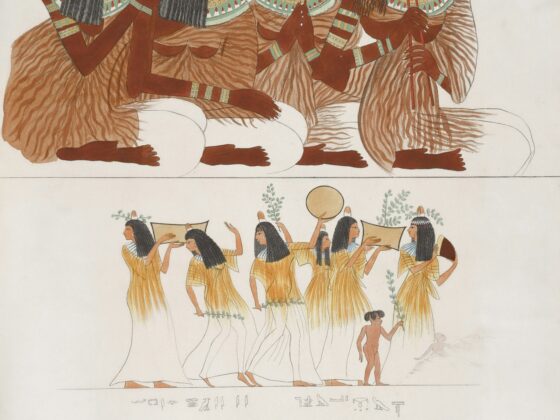Meliá Hotels International has long been a leader in the hospitality industry, particularly in the leisure segment. Maria Zarraluqui, Global Development VP, discusses the company’s strategic growth, its focus on sustainability, and the evolving role of women in the industry. In this exclusive interview with Hospitality ON, she shares insights into Meliá’s expansion plans, talent development initiatives, and the importance of long-term partnerships.
Interview with Maria Zarraluqui, Global Development VP, Meliá Hotels International
Hospitality ON: What do you think about the place of women in the industry?
Maria Zarraluqui: I’m one of the founders and vice chairman of Women in Hospitality. I think it’s important to provide visibility for women in our industry. Little by little, progress is being made. We are doing a lot of networking, and I am 100% committed to it.
Hospitality ON: What are your development ambitions? Which markets do you want to expand into and why?
Maria Zarraluqui: We decided a long time ago to differentiate ourselves. Being big is important, but being unique is even more so. Meliá has been focused on leisure for nearly 68 years, and this is where we can bring extra value to the market. Our strategy prioritizes leisure destinations worldwide. Europe remains key, especially Southern Europe—Italy, Spain, Greece, Portugal. We are expanding strongly in the Balkans, where we are the biggest hotel player in Albania with 3,200 keys and 21 hotels. We are also signing deals in Croatia and have a large portfolio in Bulgaria.

Beyond Europe, we have two key hubs: the Americas and Paris. In the Americas, we continue to grow in the Caribbean—Dominican Republic, Mexico, Jamaica. We are also expanding in Latin America, including a new deal in Buenos Aires.
Hospitality ON: What about political instability in South America? How do you manage that?
Maria Zarraluqui: Political situations fluctuate, but if tourism remains attractive in a country, we remain interested. Argentina, for example, has undergone changes that are now benefiting hospitality. Security is always a priority, both for guests and investors. We work with strong local partners who know their markets well. Strategic partnerships are key for us.
Hospitality ON: You have a more patrimonial approach to development?
Maria Zarraluqui: Exactly. We don’t expand for the sake of expansion. We believe in quality, sustainable development—both economically and over time. We carefully choose our partners and locations because reputation is difficult to build but easy to lose. For example, we have been working with the same family in Bali for over 40 years. Long-term partnerships matter.
Hospitality ON: How do you implement innovation while preserving Meliá’s DNA?
Maria Zarraluqui: Listening to the client is crucial. We analyze data throughout the guest’s journey—from booking to post-stay—using AI and digital tools. We innovate constantly, testing new concepts in our owned hotels before expanding them across the portfolio.
Hospitality ON: What is the proportion of owned assets versus asset-light properties?
Maria Zarraluqui: The majority of our portfolio is asset-light. Around 14-16% is owned, 30% leased, and the rest is managed or franchised. We have actively developed our franchise model, particularly during COVID. Our approach is hands-on, even in franchises, helping partners with revenue strategies, branding, and distribution.
Hospitality ON: Are your franchisees mostly new to hospitality?
Maria Zarraluqui: We have a mix. Some are experienced operators, while others are new to the industry. For example, in Spain, we work with Suma, a boutique luxury operator, on several collection hotels. Others are first-time hoteliers who need more support.
Hospitality ON: How do you address the challenge of talent acquisition?
Maria Zarraluqui: Attracting and retaining talent is a major challenge. We have partnerships with universities for training, clear career paths, extensive e-learning programs, and even a dedicated university bachelor program. We also offer flexible work arrangements to attract tech talent. For us, employees are as important as customers and investors. Without great talent, hospitality does not function.
Hospitality ON: How do you empower women within Meliá?
Maria Zarraluqui: Role models are essential. Women often underestimate themselves, so it’s important to show what is possible. A significant percentage of our luxury hotel general managers are now women. We provide training, mentoring, and leadership opportunities to push this further.
Hospitality ON: Sustainability is a major focus for Meliá. How do you integrate it?
Maria Zarraluqui: Sustainability is not just a trend for us; it has been a strategic priority for over ten years. As a publicly traded company with family ownership, we have embedded ESG principles into our governance. We are investing in green energy, waste reduction, circular economy initiatives, and partnerships with organizations like UNICEF. Sustainability is also key for investors and financing today.
Hospitality ON: Can you highlight any recent openings you are particularly proud of?
Maria Zarraluqui: We are opening two fantastic hotels—one in Malta and another in Lisbon. We also successfully brought Paradisus to Europe with hotels in Mallorca and Costa Brava, as well as Punta Cana. We are growing rapidly in Albania, Vietnam, and Southeast Asia, including Pattaya in Thailand and Bali in Indonesia.
Hospitality ON: What about the Middle East?
Maria Zarraluqui: The Middle East is highly strategic for us. We are well established in Dubai with our ME and Collection brands. We are constructing a remarkable Gran Meliá in Dubai and have opened a corporate office in Saudi Arabia, where we have already signed five hotels in Riyadh.
Hospitality ON: How large is your development team?
Maria Zarraluqui: We have about 25 people globally, including 20 developers. It’s a big responsibility, but we love what we do.
Hospitality ON: Any final thoughts?
Maria Zarraluqui: I strongly believe in supporting women in hospitality. I’ve broken many barriers, and I feel it’s my duty to help the next generation do the same. Women often doubt themselves too much—we need to change that mindset.

![]()

